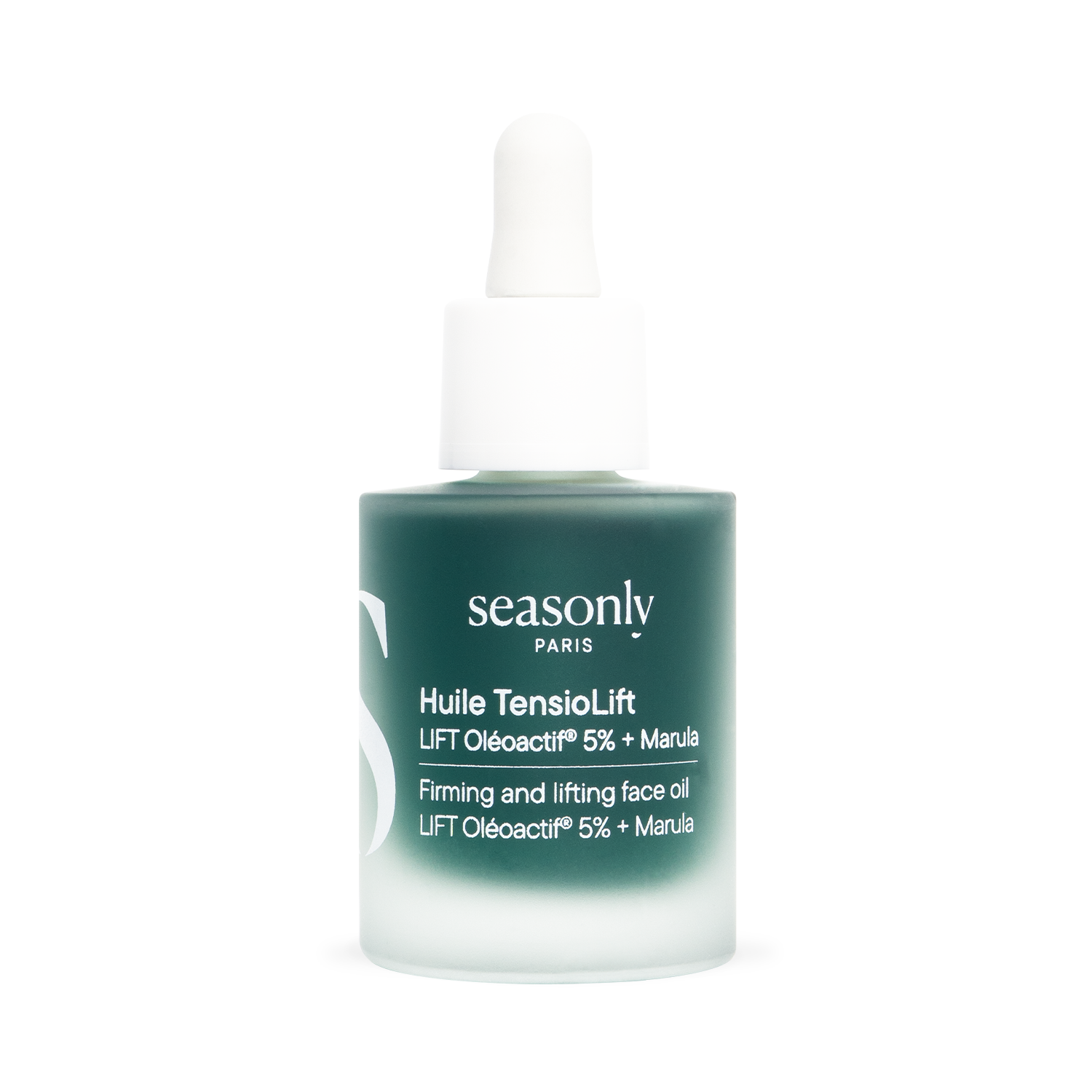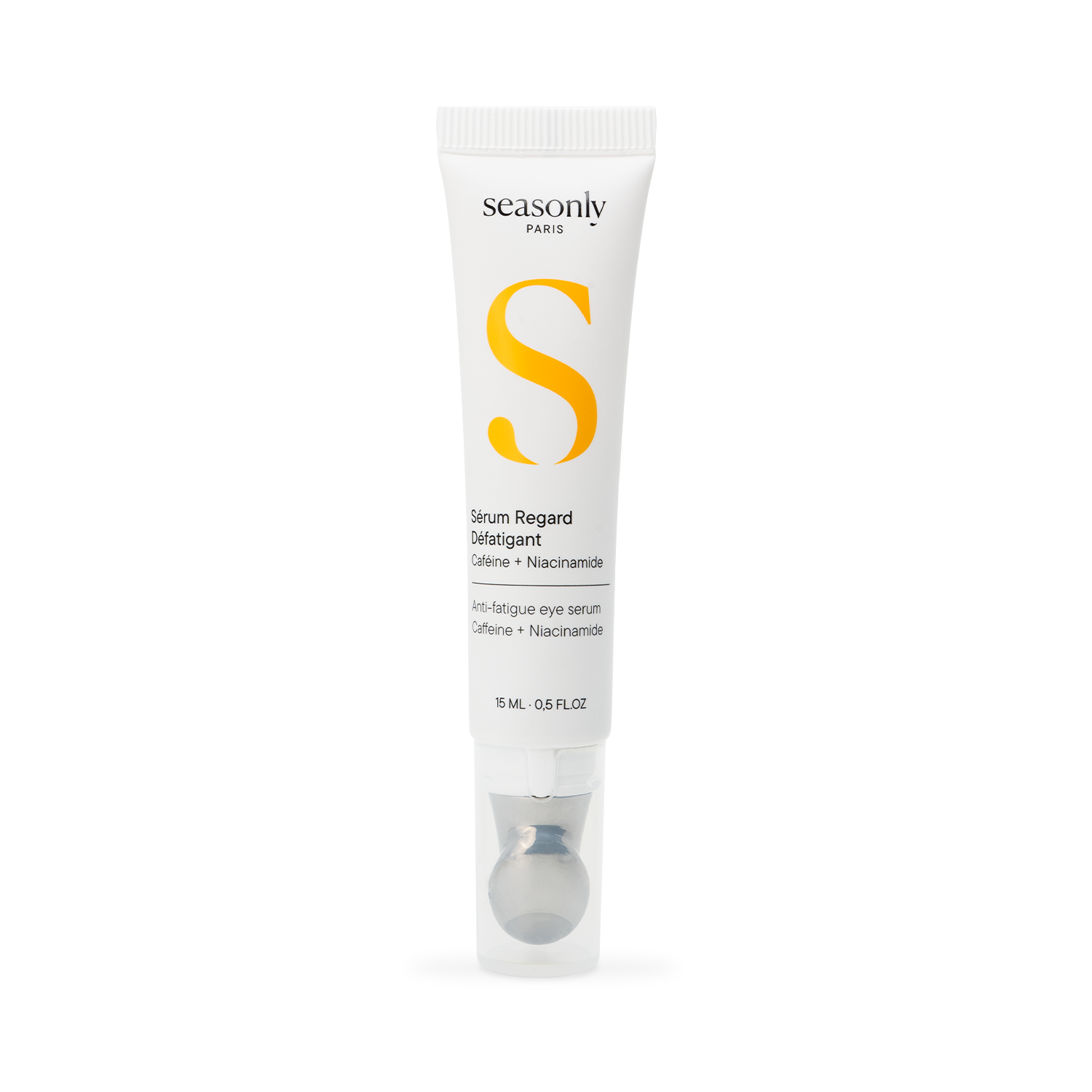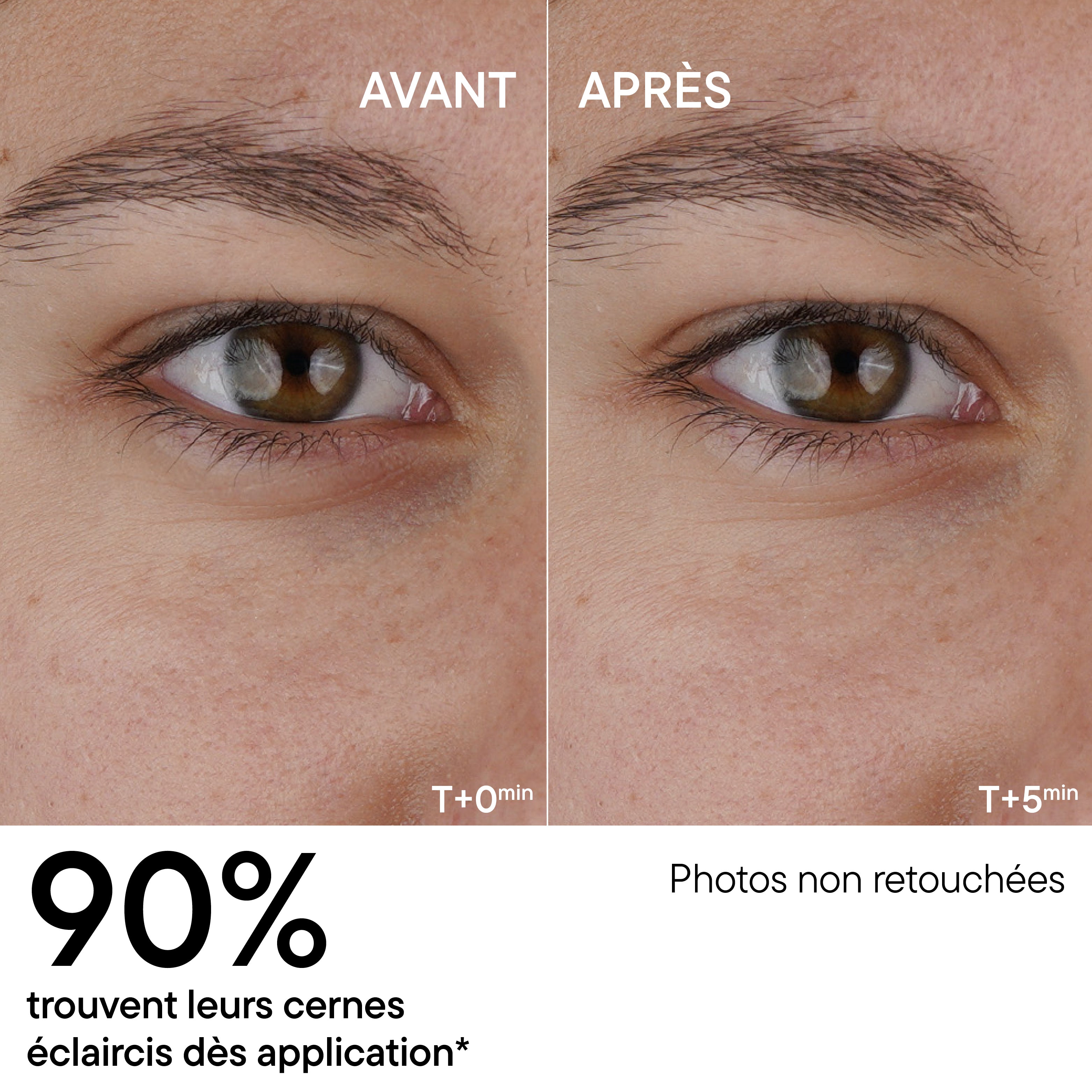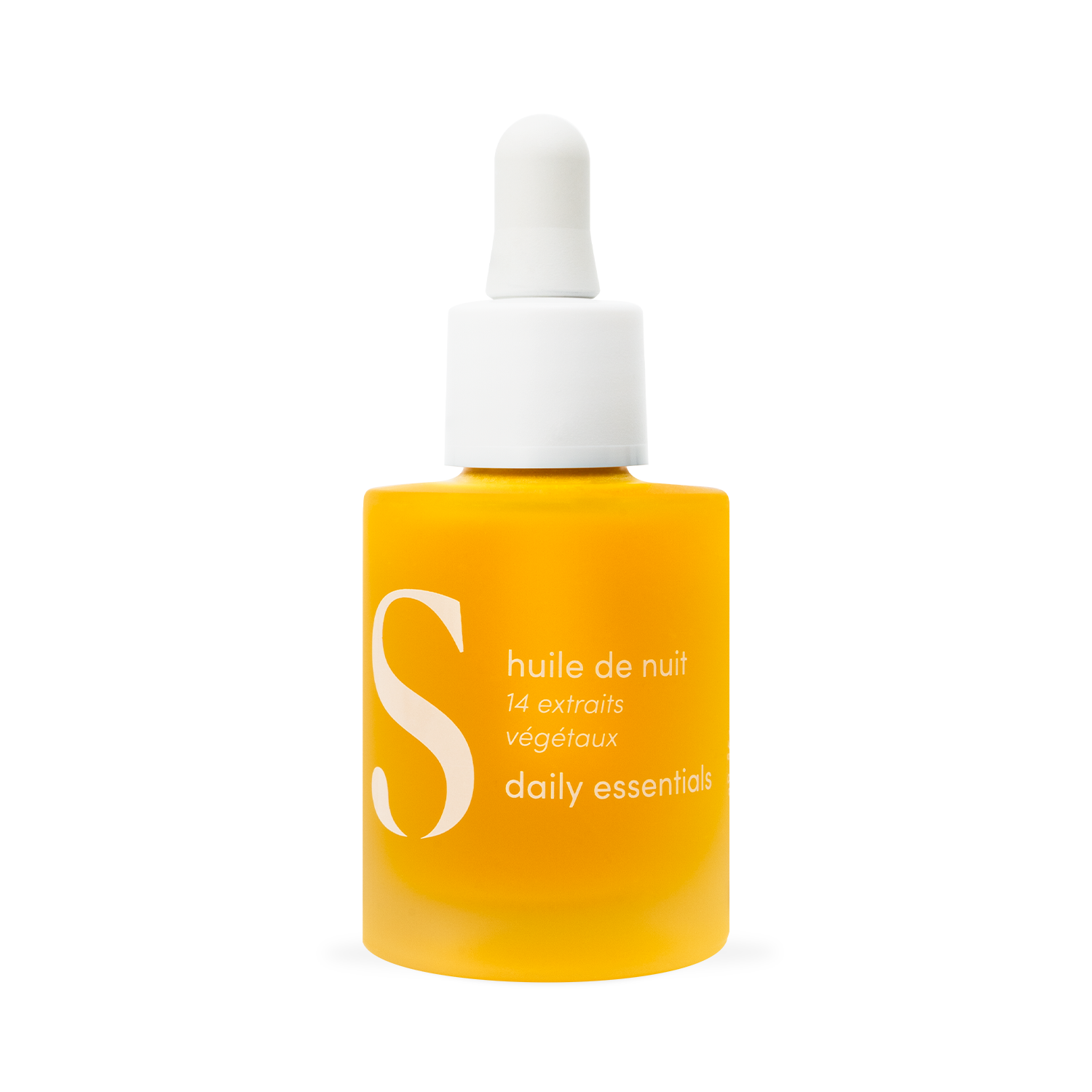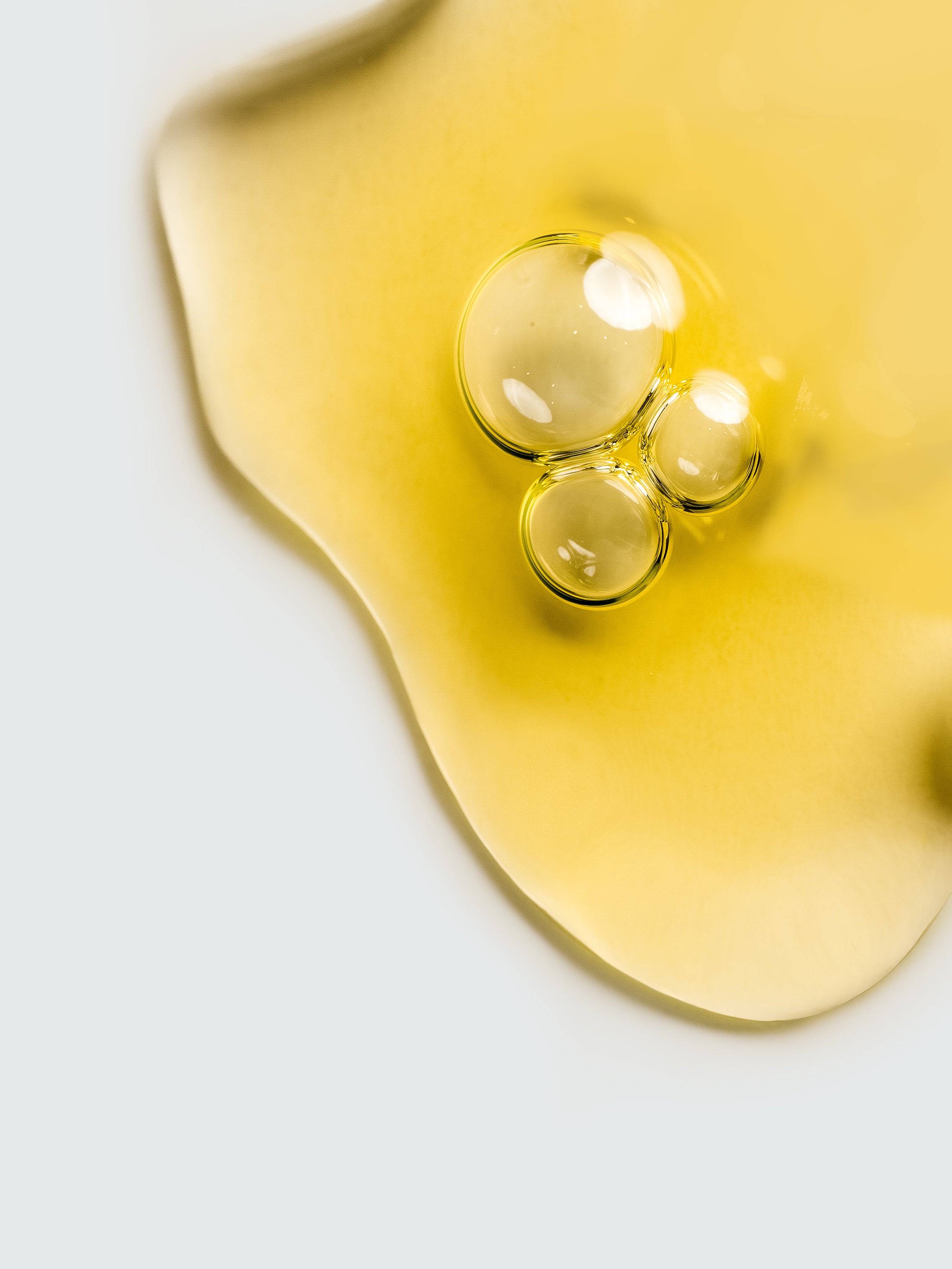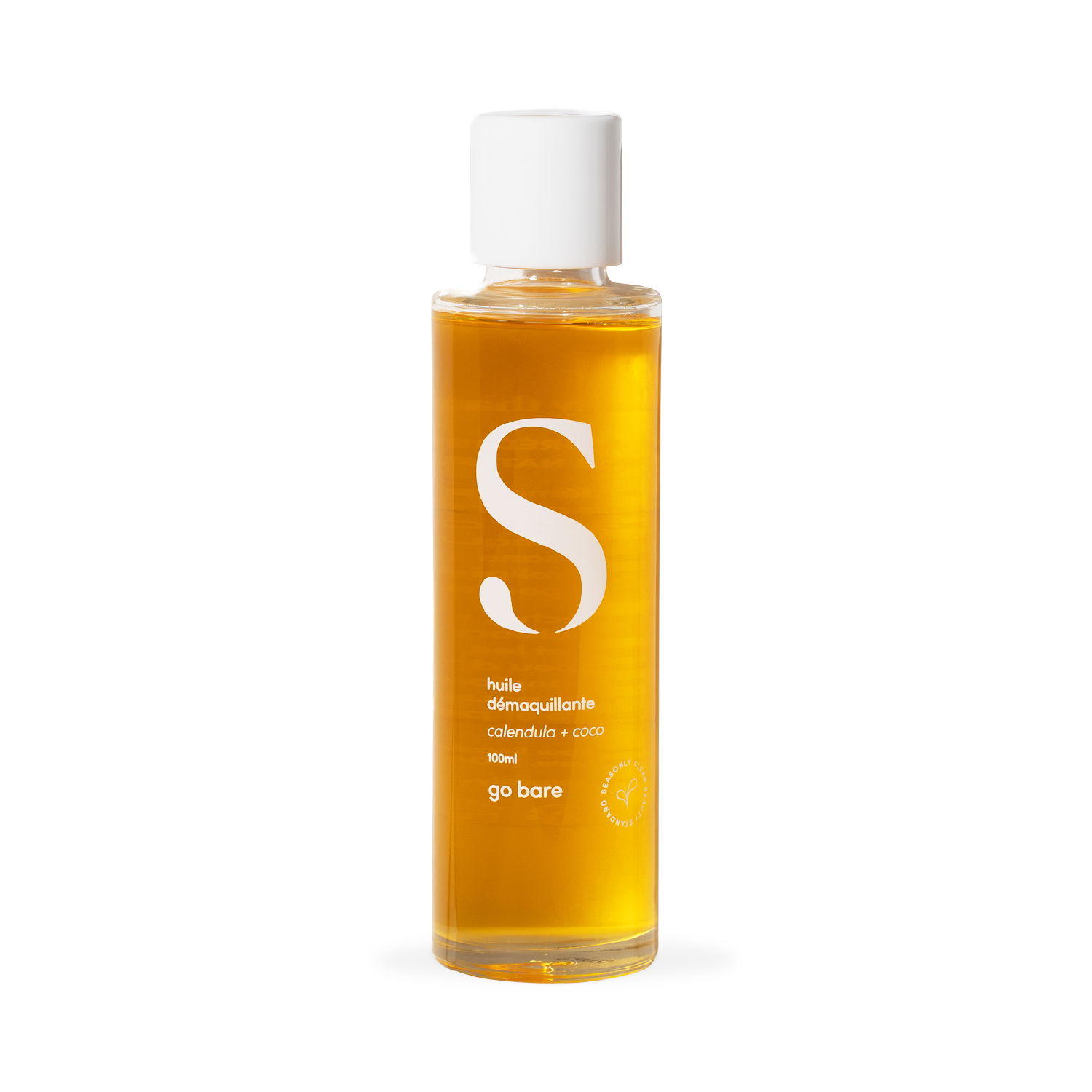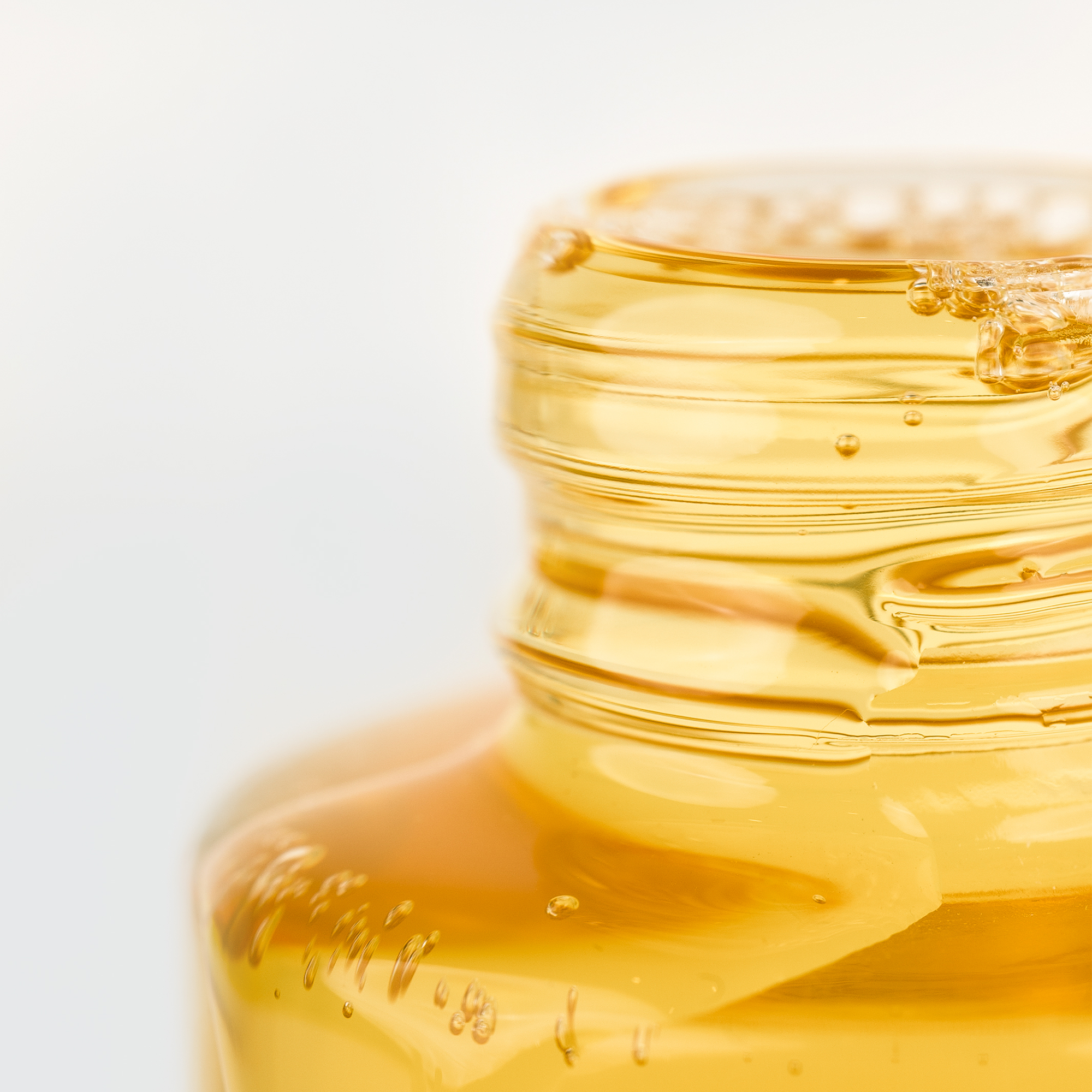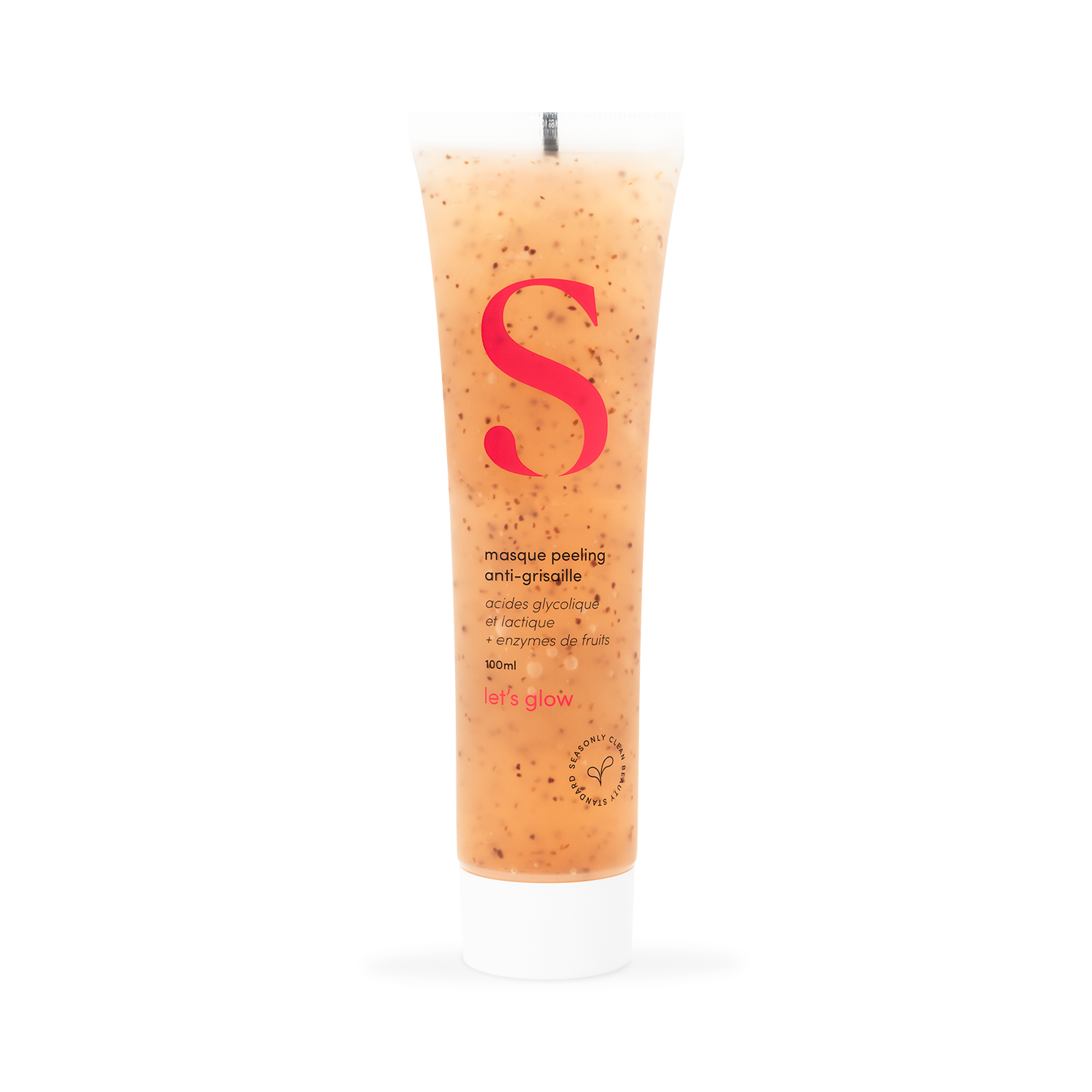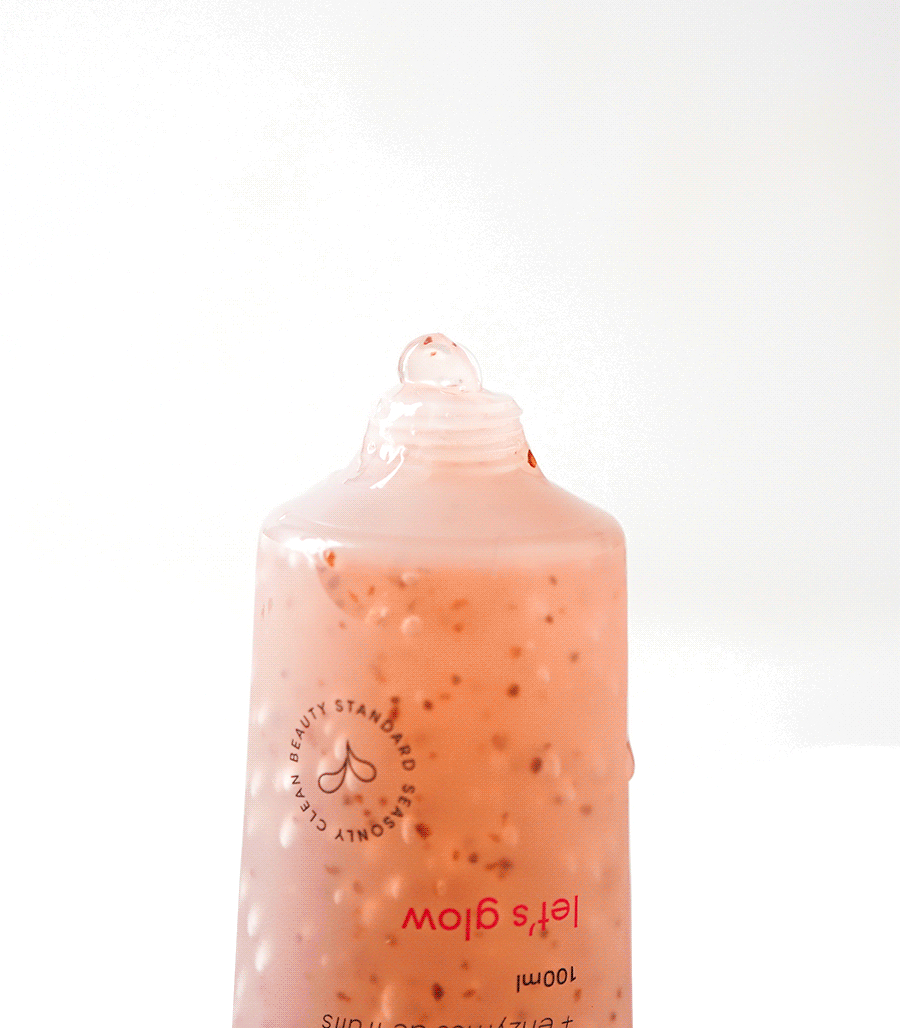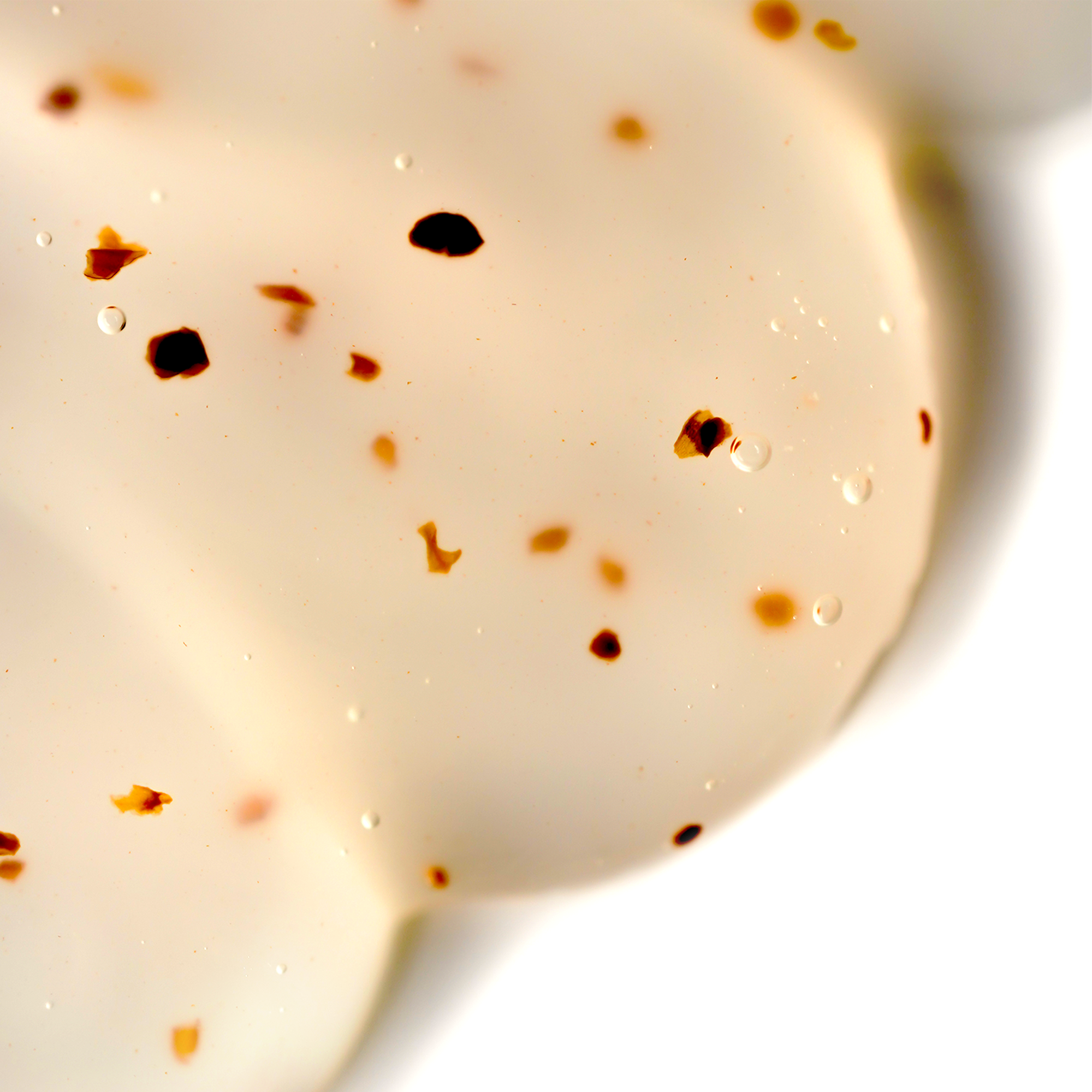What happens if you stop exfoliating your skin?
Exfoliation not yet a part of your skincare routine? It's time to incorporate it! If you haven't yet gotten into the habit of exfoliating regularly, you may have noticed that your complexion is duller, your skin appears dehydrated or rough, or that you have excess oil, breakouts, or even inflamed pores.
Does this ring a bell? What is interesting is that these two opposing situations often have the same origin: unbalanced cell renewal.
In fact, if you notice excess sebum, pimples or inflammation, this may indicate that cell renewal is too fast. Conversely, if your skin appears dull, dehydrated and rough, it may be because this process is too slow.
Don’t worry! The good news is that these problems can be alleviated with exfoliation. We’ll explain all of this in more detail.
Before we talk about exfoliation, we need to talk about cell renewal:
Did you know? Our bodies, like those of many other animals, have the ability to renew most of their cells. This process is essential to ensure their health and optimal functioning. Most of our organs have cells that can regenerate, although the length of time this renewal takes varies. For example, red blood cells only live for about 120 days, while the cells that line our stomachs only last a few weeks.
Cell renewal therefore corresponds to the capacity of cells to reproduce, by creating genetically identical copies which replace the original cells, both functionally and physiologically.
When it comes to skin, our largest organ, the renewal process takes about 21 to 28 days. This time frame is crucial to maintaining even, hydrated and smooth skin.
How does it work?
The formation of new skin cells, called keratinocytes, takes place in the basal layer of the epidermis. As soon as they are born, these cells begin to mature and are pushed upward by new cells from the lower layers.
Upon reaching the surface of the skin, the keratinocytes keratinize (i.e. harden) until they die and shed. It's a bit like snakes shedding their old skin to reveal new skin underneath.
Maintaining the balance between cell growth and detachment is crucial. This process involves desmosomes, flexible junctions between keratinocytes that hold them together until the moment they need to detach.
Breaking these bonds at the right time is essential for healthy skin renewal. Without it, dead cells can build up on the surface, making skin look dull and dehydrated.
What is unbalanced cell renewal?
If your skin is dull, if you have acne, blackheads or enlarged pores, this indicates that your cell renewal is not optimal.
In this case, 2 scenarios may appear:
- Skin cell turnover is too fast: This is associated with acne breakouts, clogged pores and inflammation.
- Skin cell renewal is too slow: This can be identified with dull, dehydrated skin.
The main cause? A hormonal imbalance which is due to two main factors:
- Cellular overgrowth: Hormones, such as androgens (testosterone and its derivatives), can stimulate excessive cell production in the skin. This can lead to a buildup of dead cells on the surface of the skin, which do not shed properly, they accumulate which can lead to inflammation and clog pores.
- Sebaceous overstimulation: Hormones can also influence the sebaceous glands, which are responsible for producing sebum (the skin's natural oil). The sebaceous glands become overstimulated and produce excess sebum, which promotes the proliferation of bacteria.
So how can you reduce acne?
When you have an acne breakout, you can either use antibacterial and anti-inflammatory products that slow down sebum production on the one hand and chemical or enzymatic exfoliants (avoid physical exfoliants that can irritate pimples or pustules) to eliminate dead cells more quickly and avoid accumulation on the surface of the skin. We recommend a gentle exfoliation with our New Skin Mask , with its formula rich in fruit enzymes it gently exfoliates the skin without damaging it.
The cause? Skin aging. Over the years, our cells gradually lose their efficiency. They no longer work as well together, and senescent cells (sometimes called "zombie cells") begin to accumulate. In addition, the production of hyaluronic acid, elastin and collagen decreases. From the age of 40-50, the rate of skin cell renewal slows down, which means that cells take longer and longer to renew themselves.
As a result, dead cells can build up on the surface of the skin because the bonds that hold them together don't break down as they should. This results in duller, drier skin.
So what can be done to regulate slow cell renewal?
Look for chemical exfoliants that contain acids like glycolic acid, salicylic acid, or alpha hydroxy acids (AHAs), which help dissolve dead skin cells and promote their removal. If you have sensitive skin, opt for natural enzymes instead. These protein molecules, like those found in fruits like papaya or pineapple, break down dead skin cells gently and effectively.






